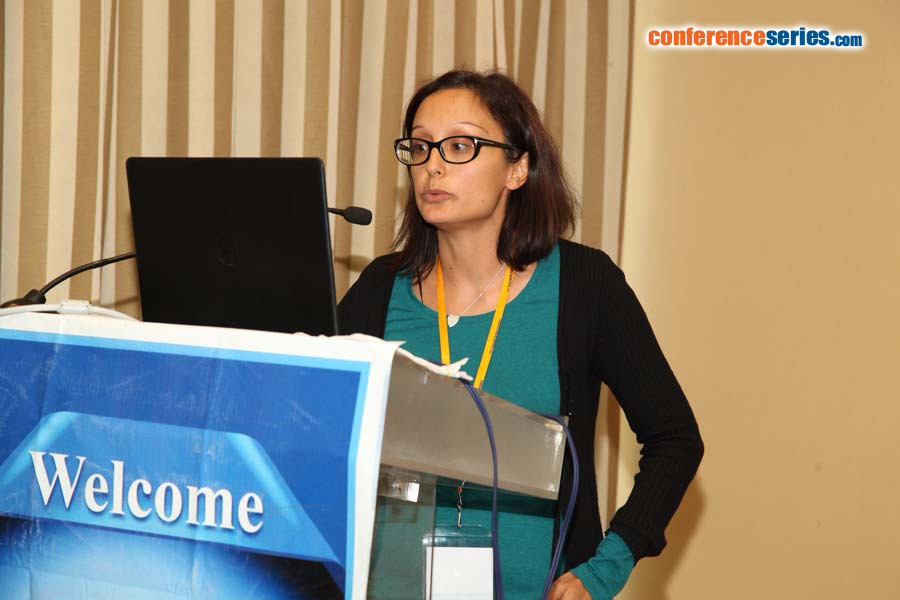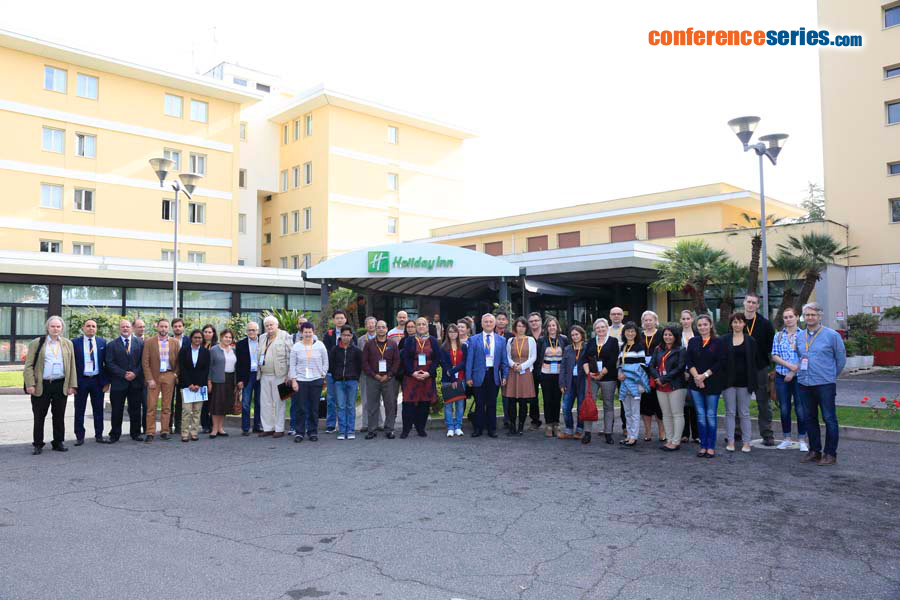
Elena Papaleo
Danish Cancer Society Research Center, Denmark
Title: Structural communication in transcription factors: How interactions with DNA, mutations or post-translational modifications reshape the interfaces for cofactor recruitment
Biography
Biography: Elena Papaleo
Abstract
Little is known about the molecular mechanisms related to the conformational changes induced at distal sites in many transcription factors which are often related to cancer disease, such as p53, MZF1 and the family of ARID domains. Thus, my group is focusing on the characterization of their structural dynamics to enrich the knowledge on this important group of regulatory proteins. In particular, we are employing a combined approach that integrates atomistic microsecond molecular dynamics simulations, enhanced sampling techniques, methods inspired by graph theory and cross-validation of the simulated ensembles with NMR data. To relate these properties to protein function, we studied both the free and DNA-bound forms of wild type, mutated and phosphorylated variants of p53, ARID proteins and MZF1. The interaction with DNA not only stabilizes the conformations of the DNA-binding loops, but also strengthens pre-existing paths in the free protein for long-range communication to potential interface for cofactor recruitment. Conformational states of these distal regions that are only a minor population of the free ensemble are promoted by DNA interactions, altering the preferences for certain classes of biological partners and thus influencing the signaling pathways mediated by these proteins. Moreover, mutations or post-translational modifications can also contribute to reshape the population of these interfaces even in domains that are not necessarily involved in DNA-binding.




